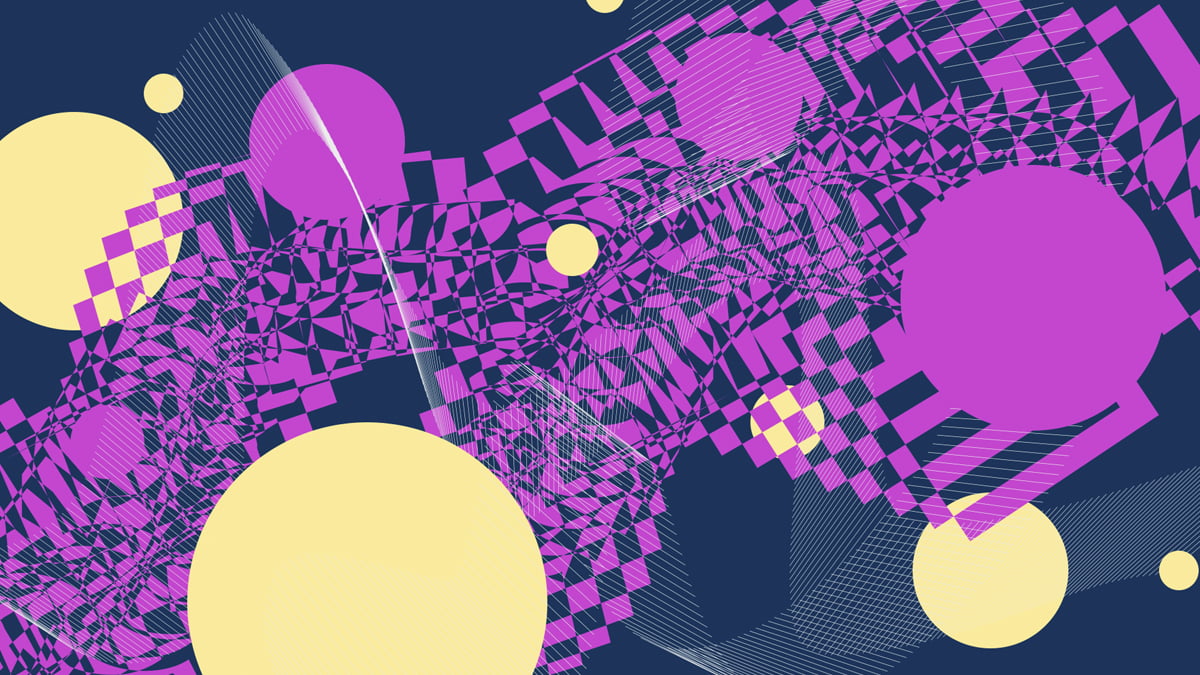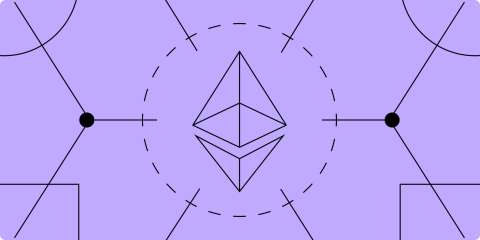Research Summary
The report discusses the application of Machiavellian principles to decentralized autonomous organizations (DAOs) to improve their governance. It highlights the current issues in decentralized governance, such as lack of coordination, misalignment of interests, lack of accountability, vulnerability to attacks, and low participation. The report suggests four design guidelines for creating “Machiavellian DAOs” that embrace governance minimization, establish a balanced leadership class, provide a pathway for continual upheaval of the leadership class, and increase overall accountability.
Key Takeaways
Current Issues in Decentralized Governance
- Lack of Coordination: Most DAOs lack leaders and a full development roadmap, creating barriers to ongoing coordination and development.
- Misalignment of Interests: The interests of DAO members are not always aligned, which can hinder the growth and impact of a protocol.
- Lack of Accountability: DAO governance mechanisms currently lack a way of holding individual token holders accountable for their decisions.
- Vulnerability to Attacks: Token-based voting can make DAOs susceptible to attacks stemming from vote buying and other manipulations.
- Low Participation: Direct democracy often leads to low voter participation, making DAOs susceptible to manipulation by more organized and active groups.
Proposed Solutions to Decentralized Governance Issues
- Representative Democracy & Delegates: Many DAOs have turned to representative democracy to enhance their decentralized governance.
- SubDAOs: Subset-organizations within a DAO can complete defined tasks on behalf of the DAO, operating in a more open and decentralized manner.
- Non-token-based Governance: Alternatives to token-based voting have been proposed to better represent the interests of all stakeholders.
- Greater Accountability: Proposals have been made to make DAO contributors more accountable to token holders.
- Governance Minimization: Minimizing governance calls for protocols to reduce their reliance on, and the power of, decentralized governance.
Machiavellian Principles for DAOs
- Direct Democracy is a Myth: The Machiavellians posit that the theory of democracy as self-government is not an actual or possible social reality.
- Autocratic Tendencies are Inherent in any Organization: All complex organizations ultimately default to autocratic leadership structures.
- Leaders Want to Maintain and Extend their Power and Privilege: The primary object of all rulers is to serve their own interest, to maintain their own power and privilege.
- Only Power Restrains Power: The only check on the power of leaders is power held by those in opposition to leadership.
- A Static Leadership Class will Ultimately Fail: Systems should not only have constant opposition, but allow new leaders to force their way into the leadership class.
Actionable Insights
- Embrace Governance Minimization: DAOs should reduce their reliance on, and the power of, decentralized governance.
- Establish a Balanced Leadership Class: DAOs should create a leadership class that is subject to perpetual opposition.
- Provide a Pathway for Continual Upheaval of the Leadership Class: DAOs should allow new leaders to force their way into the leadership class.
- Increase Overall Accountability: DAOs should increase the accountability of the leadership class.











